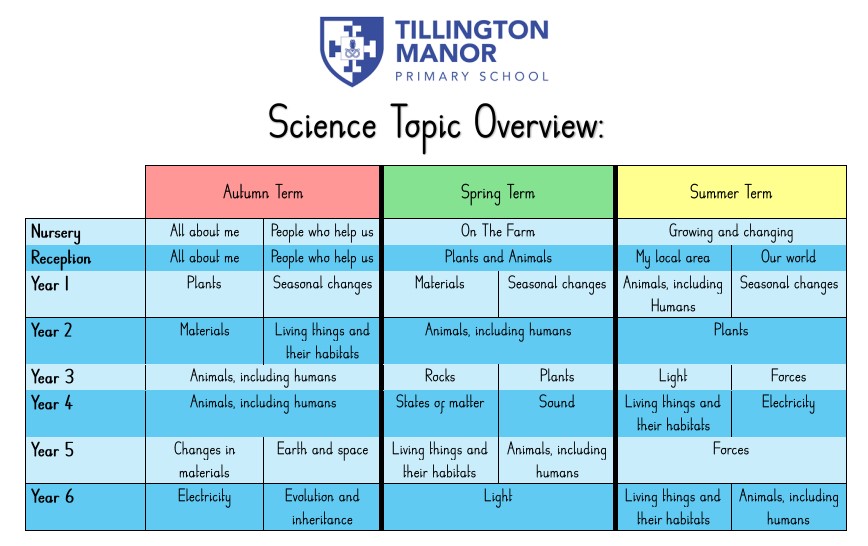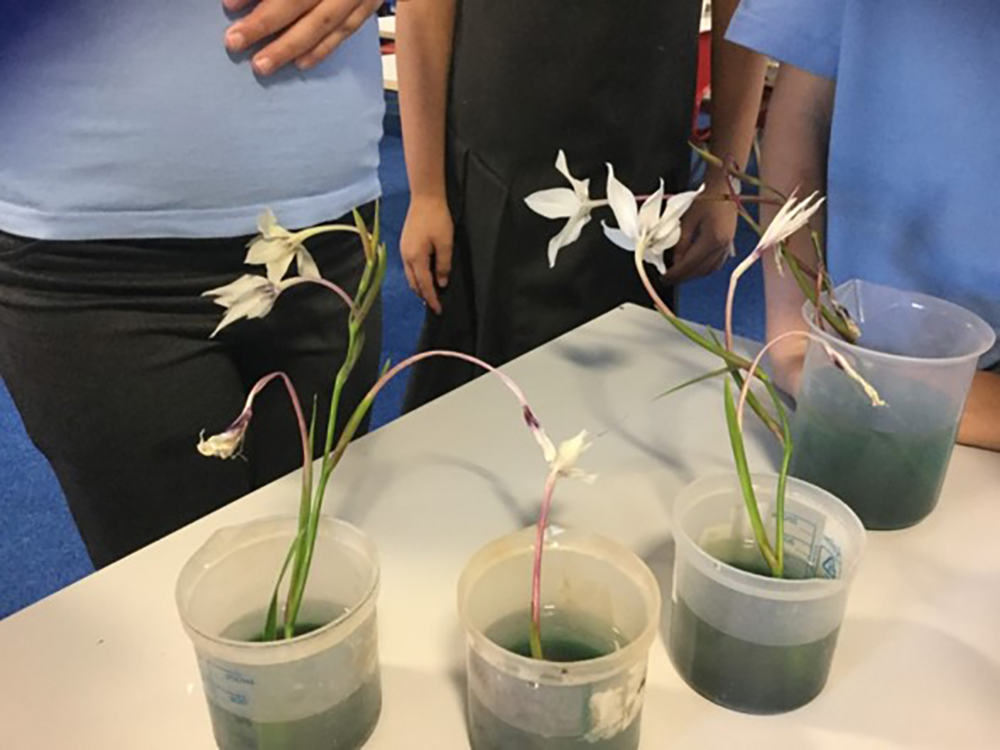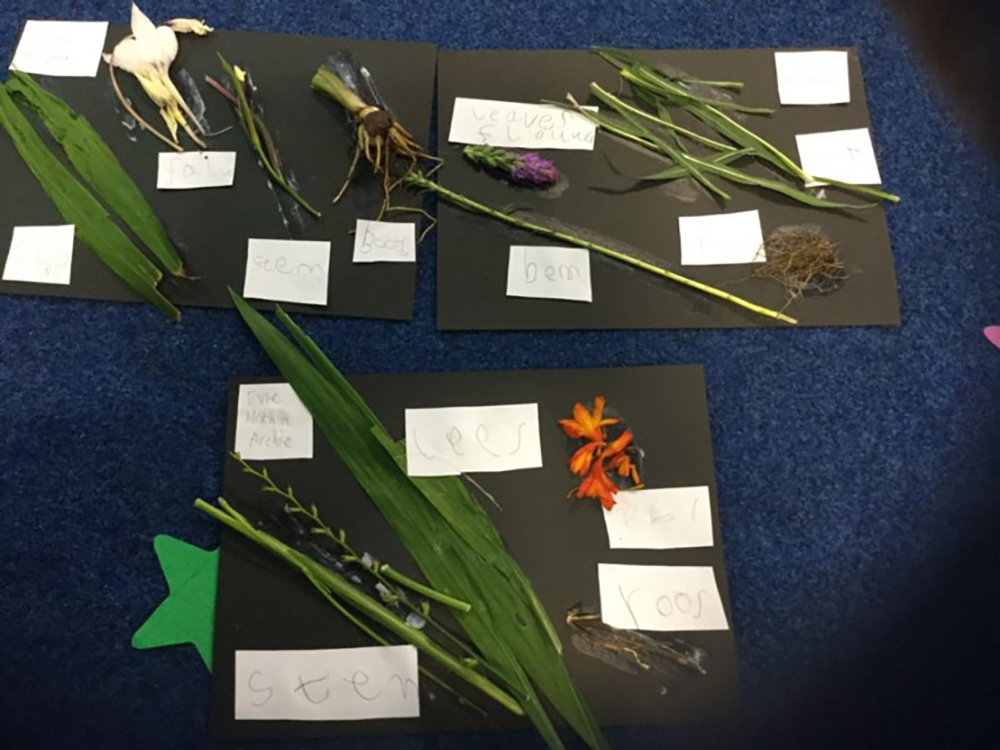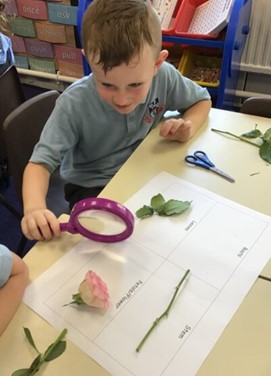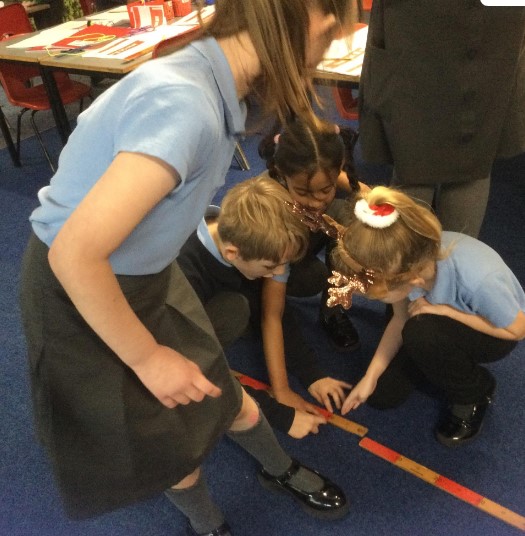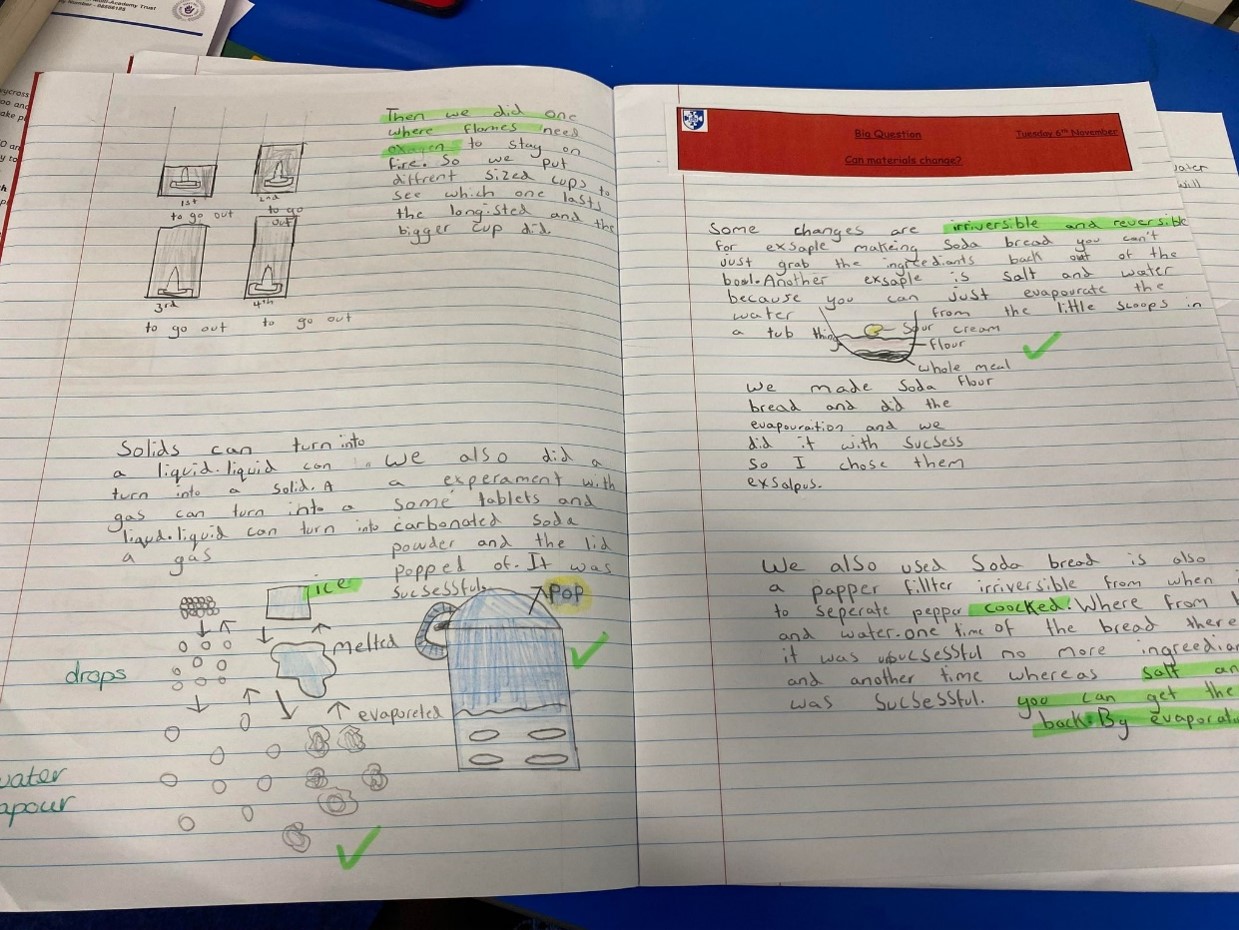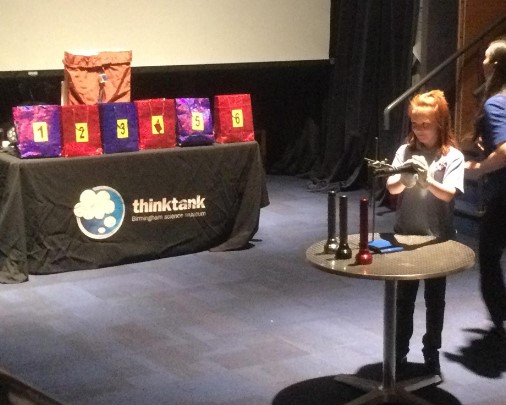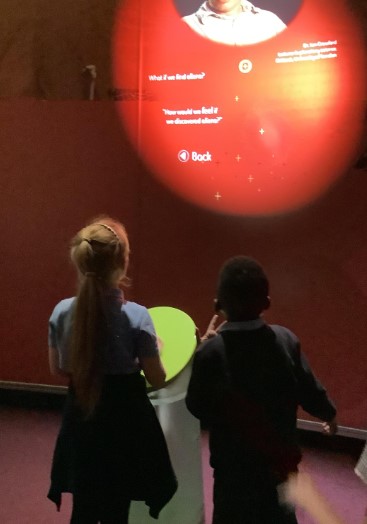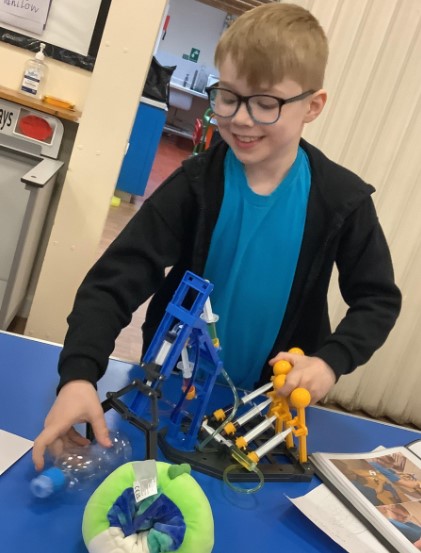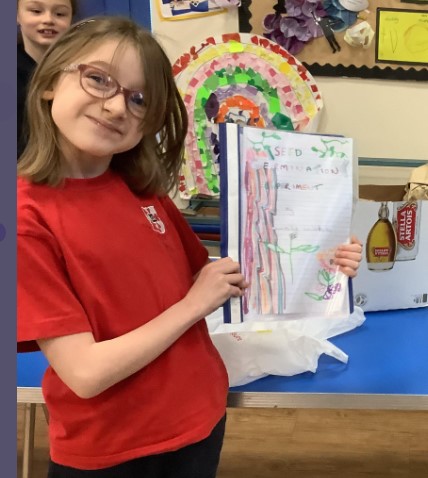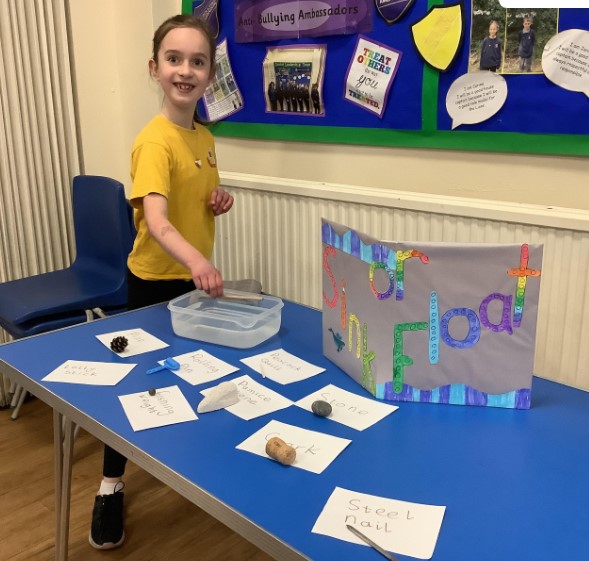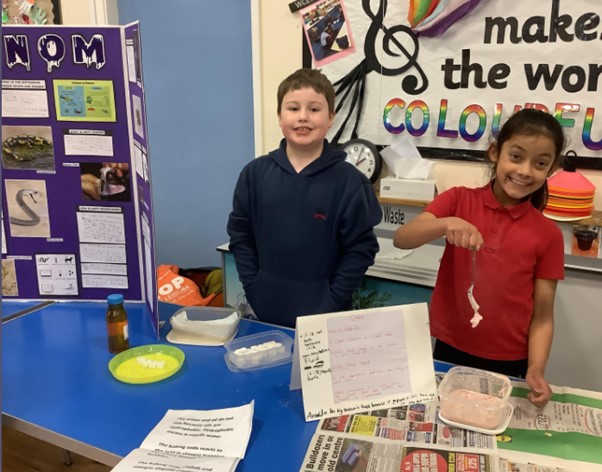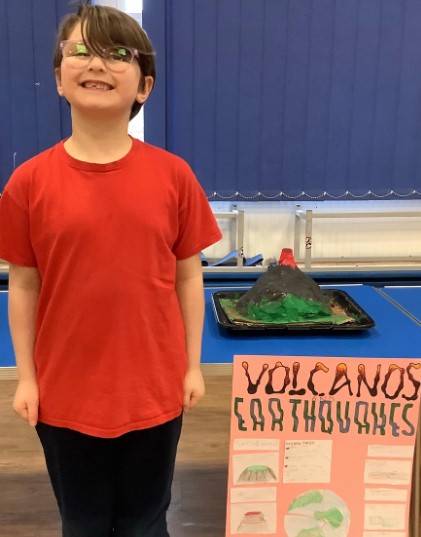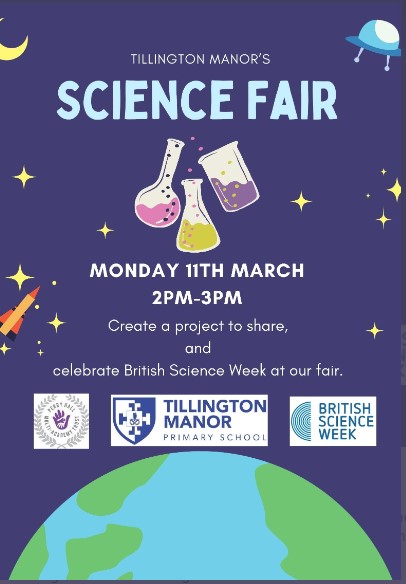SCIENCE
Science at Tillington Manor Primary School
In summary, at Tillington all teaching and learning is built upon Rosenshine’s Principles of Instruction. Prior learning is revisited frequently to ensure skills and knowledge are retained. Planning is well sequenced into small steps, to prevent overloading children’s working memory. Learning reviews take place to allow the children to activate learning and questioning encourages children to think deeply.
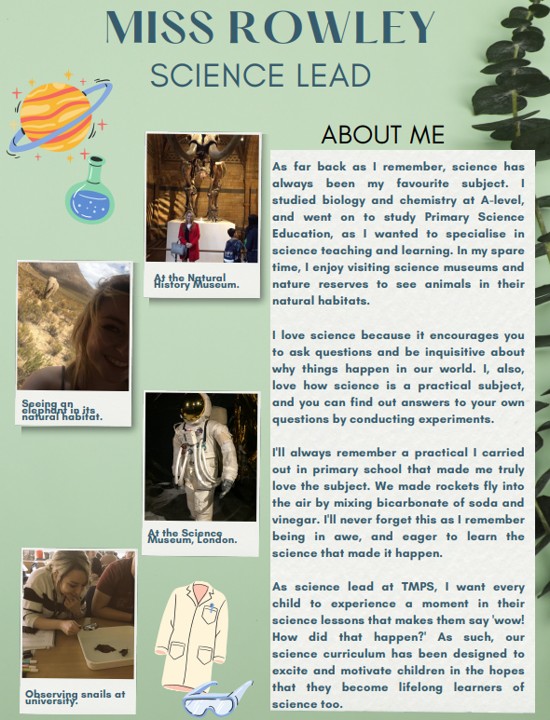
Our aim:
In science, our aim is to create passionate learners of science who are inquisitive, aspirational and resilient – we strive to achieve this through our ambitious curriculum.
Our science curriculum has been carefully designed to align to the national curriculum’s aims, and it is sequenced progressively so that children develop their knowledge right the way from EYFS -Y6.
Our curriculum content is split into knowledge milestones, what they will learn, and working scientifically milestones, which are the skills they need to find their own answers. We recognise the value of teaching both knowledge and skills to support children to develop their understanding of abstract science concepts.
Learning is initiated through learning challenge questions, which require children to seek answers and thus, make the subject engaging and exciting to children. They are encouraged to answer these questions through the use of the different enquiry types. At Tillington, we are dedicated to ensuring that all 6 enquiry types are utilised within the classroom to encourage deep learning, and we recognise that in science, not all questions can be answered in the same way. These 6 enquiry types that we deliver our curriculum through are:
– Research
– Fair testing
– Observation over time
– Pattern seeking
– Identifying, grouping and classifying
– Problem solving
The vocabulary the children learn is progressive, and is explicitly taught within every science lesson. Dual coding is used to support children in learning the vocabulary.
We recognise the importance of first-hand practical experience in developing children’s scientific understanding and enthusiasm for science. As such, in our curriculum, investigations are carefully planned out for each unit. Within these, working scientifically skills are a huge focus. From EYFS all the way to Y6, each working scientific skill is taught in a progressive manner to ensure that all children develop their ability to work like scientists.
Below are the 7 working scientifically skills that children are taught: making predictions; asking questions; setting up tests; observing and measuring; recording; interpreting and communicating, and finally, evaluating.
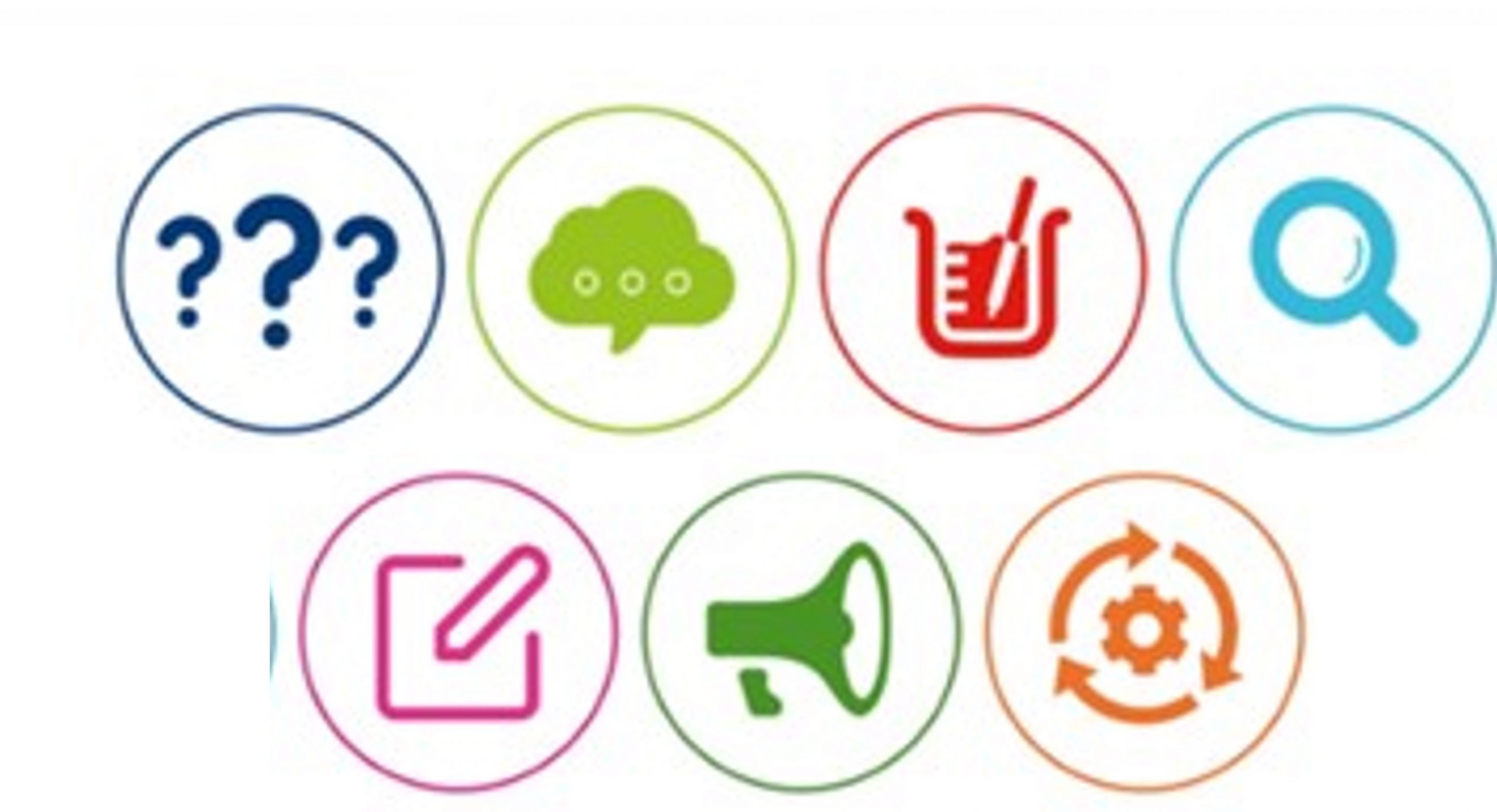
Adaptive teaching is utilised in science to support all children to access the curriculum.
Opportunities for reading, writing and mathematics are evident in science lessons – children read information, they write up their findings, they utilise measuring when conducting investigations and produce graphs to showcase their findings.
At Tillington, we are aware of the issues in uptake of STEM subjects in higher education facilities. As such, we plan lots of cultural capital opportunities into our school year – we celebrate British Science week, we have hosted a science fair, where children had the chance to make and share a science project with our school community l, we offer science-themed clubs and we visit the Think Tank museum in Birmingham. We do this as we want to continue to support children to develop a love of science and hopefully become the scientists of the future. As well as this, in each topic in every year group, we have a ‘scientist to celebrate’ – these are a range of diverse scientists, young and old, who we learn about, and who provide all children with role models to aspire to.
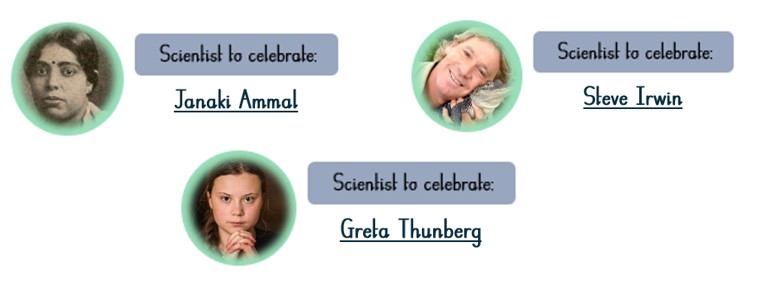
Our curriculum:
Below is our curriculum overview, which outlines the sequence of learning for each year group.
